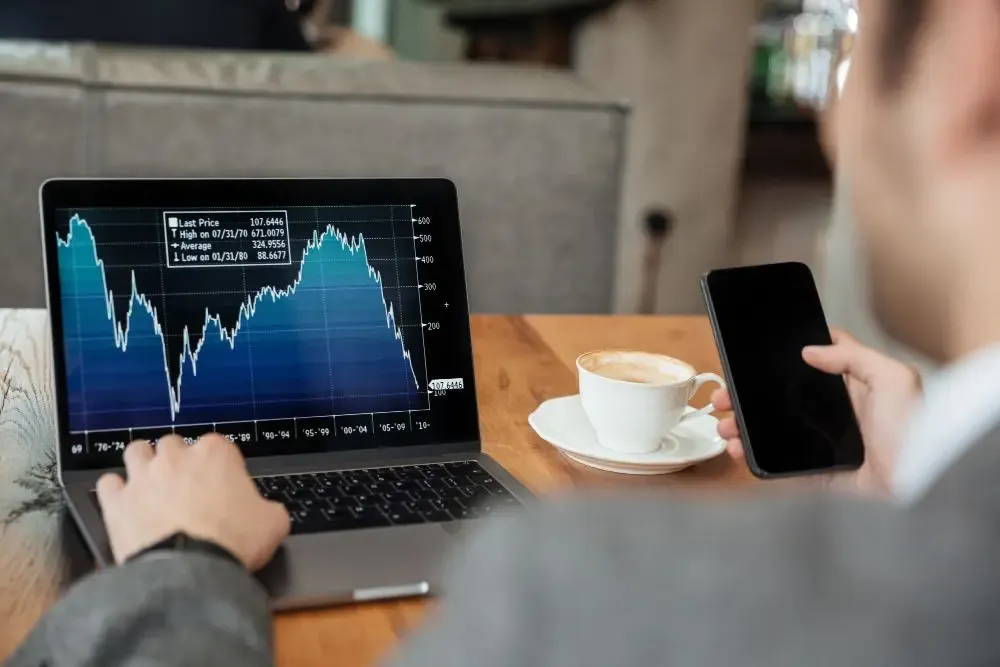Daily Canadian Dollar News & Analysis
Make every currency transfer count. FX daily offers accurate exchange rates, expert commentary, and insight into key economic events—empowering you to stay informed, anticipate market movements, and make smarter international money transfers across 50+ currencies with bank-beating rates.
Daily Currency Performance Table
| Currency Pair | Opening Rate | Daily Change | Weekly Change | Monthly Change |
|---|---|---|---|---|
| USD / CAD | 1.3697 | 0.20% | 0.80% | 0.20% |
| EUR / CAD | 1.6026 | 0.04% | -0.02% | 2.62% |
| GBP / CAD | 1.8600 | 0.23% | 0.38% | 0.81% |
| CAD / JPY | 107.07 | -0.16% | 1.26% | 1.05% |
| CAD / CHF | 0.5815 | -0.19% | -0.22% | -3.36% |
| CAD / CNY | 5.24 | -0.23% | -0.67% | -0.37% |
| CAD / INR | 62.53 | -0.23% | -0.72% | -0.08% |
| AUD / CAD | 0.8931 | 0.12% | -0.16% | 0.20% |
| NZD / CAD | 0.8201 | 0.13% | -0.87% | -0.86% |
| CAD / MXN | 13.56 | -0.39% | -2.03% | -2.74% |
| Foreign Exchange News Today | |||||
|---|---|---|---|---|---|
| USD | US dollar edges higher as markets absorb Trump’s fresh tariff threats and his call for Fed Chair Powell’s resignation, FOMC minutes eyed for clues. | ||||
| CAD | Canadian dollar slips back from Tuesday’s highs, holds within a familiar range as renewed trade tensions and softer oil prices weigh on sentiment. | ||||
| EUR | Euro drifts lower but remains range-bound, faces mild bearish pressure amid stalled EU-US trade negotiations and cautious investor sentiment. | ||||
| GBP | Sterling stays supported but struggles to gain traction, BoE signals of potential faster rate cuts on labour market weakness limit upside. | ||||
| JPY | Yen inches higher but lingers near multi-week lows on concerns about the economic fallout of US tariffs and domestic political uncertainties. | ||||
| AUD | Australian dollar extends recent gains after the RBA’s hawkish stance, though global trade fears continue to cap further advances. | ||||
| Key Economic News Today | |||
|---|---|---|---|
| USD | Jul 9, 2025 | Wholesale Inventories | |
| USD | Jul 9, 2025 | 10-Year Note Auction | |
| USD | Jul 9, 2025 | Atlanta Fed GDPNow | |
| USD | Jul 9, 2025 | FOMC Meeting Minutes | |
Currency market updates
Track key currency movements and plan your transfers with confidence.

Switch to MTFX for better exchange rates, lower fees, and real savings on foreign currency transfers.
We make sending money simple
How to send money with MTFX
Open your personal or business account and start saving on international money transfers.
- 1Sign up for free
Create your account in less than five minutes—no setup fees or hidden charges.
- 2Get a real-time exchange rate
Instantly access competitive exchange rates for your transfer amount and destination.
- 3Enter recipient information
Provide your recipient’s banking details to ensure fast and secure delivery of funds.
- 4Confirm and send your transfer
Review the details, complete your transaction, and track your transfer every step of the way.
Understanding FX markets today

Exchange rates can fluctuate daily in response to major economic indicators—central bank decisions, inflation data, GDP releases, and unexpected geopolitical events. The FX markets are highly reactive, and even a single announcement can trigger rapid shifts in currency values. That’s why staying informed through daily FX news is essential.
The MTFX's FX daily page provides accurate market insights and live exchange rate data to help you track trends. Note that rates shown may change at any time due to market volatility. Get real-time, bank-beating exchange rates from MTFX to transfer money in 50+ currencies.
Understanding FX markets today
Exchange rates can fluctuate daily in response to major economic indicators—central bank decisions, inflation data, GDP releases, and unexpected geopolitical events. The FX markets are highly reactive, and even a single announcement can trigger rapid shifts in currency values. That’s why staying informed through daily FX news is essential.
The MTFX's FX daily page provides accurate market insights and live exchange rate data to help you track trends. Note that rates shown may change at any time due to market volatility. Get real-time, bank-beating exchange rates from MTFX to transfer money in 50+ currencies.
Why trust MTFX for currency insights?

With over 30 years of FX experience, MTFX is a trusted Canadian fintech known for regulatory compliance, secure transfers, and expert guidance. As a FINTRAC-registered provider, we deliver transparency and reliability in every transaction—backed by strong industry knowledge and cutting-edge technology.
Our daily FX calendar highlights key market-moving events, while MTFX live rates offer real-time exchange data to help you make informed decisions. From individuals sending money abroad to businesses managing international payments, clients across sectors trust MTFX for accurate insights and better-than-bank rates to stay ahead in today’s fast-moving currency markets.
With MTFX, you can send money to over 190 countries in 50+ currencies—quickly, securely and at competitive rates.





